Bio
Assistant professor at the Faculty of „Artes Liberales”, University of Warsaw. He holds an M.A. in Cultural Studies – Mediterranean Civilisation (Faculty of “AL”, UW) and a postgraduate diploma in “The challenges of contemporary literature for children and youth” (UW). He is the secretary of the Laboratory for Semiotics (Faculty of “AL”, UW), a collaborator of the Centre for Research on Children’s and Young Adult Literature (University of Wrocław) and a member of the European Children’s Literature Research Network. He is a co-initiator of Grow (with Rosalyn Borst and Chiara Malpezzi), an initiative that aims at stimulating transnational dialogue and collaboration among young scholars of children’s literature.
He was the principal investigator of research projects „Dziecięca książka informacyjna w XXI wieku: tendencje – metody badań – modele lektury” [Informational Children’s Book in the 21st Century: Trends – Research methods – Models of reading] (Preludium NCN, 2021–2024) and „Oczami dziecka. Zagłada w polskiej literaturze dziecięcej i młodzieżowej po roku 1989” [Through the Eyes of a Child. The Holocaust in Polish Children’s and Young Adult Literature after 1989] („Diamentowy Grant” MNiSW, 2016–2020). He received the scholarship of the Minister of Science and Higher Education for outstanding young scientists, the Foundation for Polish Science START scholarship, and the Internationale Jugendbibliothek in Munich fellowship (twice). He is interested in children’s and YA culture and reception of classical antiquity. He also reviews children’s literature for “Kultura Liberalna.”
Pubications
- K. Rybak, W stronę krytycznego odbioru książki informacyjnej dla dzieci. Model lektury i jego zastosowanie na przykładzie Którędy do Yellowstone? Aleksandry i Daniela Mizielińskich, „Edukacja Elementarna w Teorii I Praktyce” 2024, t. 19, nr 4, s. 135–149;
- K. Rybak, Challenging Childhoods in Iwona Chmielewska’s Picturebooks, „Bookbird” 2024, t. 62, nr 3, s. 49–52;
- K. Rybak, Econormative Childhoods in Wimmelbooks on the Four Seasons: Analysis of Central European Wordless Informational Picturebooks, „Literature” 2024, t. 4, nr 3, s. 172–183;
- K. Rybak, Obrazowanie Zagłady. Narracje holokaustowe w polskiej literaturze XXI wieku dla dzieci i młodzieży, Warszawa 2023;
- K. Rybak, Towards A Literature of Actions: Green Informational Picturebooks and Critical Engagement with Fighting Climate Change, „Children’s Literature in Education” 2023 [online first];
- M. Czernow, K. Rybak, Zielony dydaktyzm, czyli o tym, jak dorośli projektują przyszłość planety we współczesnych książkach ekologicznych dla dzieci, [w:] Przyszłość. Szkice o sztuce dla dziecka, red. A.M. Czernow, J. Żygowska, Poznań 2022, s. 13–31;
- K. Rybak, A. Suchańska, M. Wdzięczkowska, A. Leszczyńska, G. Niemczynowicz-Szkopek, D. Kowalik, Dziecięca książka informacyjna w Polsce. Wybrane problemy, „Filoteknos” 2022, nr 12;
- K. Rybak, How Informational Activity Picturebooks Work: Interactive Invitation to a Critical Approach to Knowledge, „International Research in Children’s Literature” 2022, t. 15, z. 3;
- K. Rybak, Zagłada (nie) dla dzieci. Nadużycia w polskiej literaturze dziecięcej XXI wieku, „Zagłada Żydów. Studia i Materiały” 2021, nr 17;
- K. Rybak, „Zupełnie inne miasto”. Obrazy warszawskiego getta w polskiej literaturze dziecięcej XXI wieku, „Dzieciństwo. Literatura i Kultura” 2021, t. 3, z. 1;
- K. Rybak, Zagłada i ideologia w polskiej literaturze dziecięcej XXI wieku, „Narracje o Zagładzie” 2021, nr 1;
- K. Rybak, Pandemia koronawirusa w utworach dla dzieci. Analiza w świetle badań nad dziecięcą książką informacyjną, „Dzieciństwo. Literatura i Kultura” 2020, t. 2, z. 2;
- K. Rybak, Dzieciństwo w labiryncie getta. Recepcja mitu labiryntu w polskiej literaturze dziecięcej o Zagładzie, Warszawa 2019;
- K. Rybak, Hide and Seek with Nazis: Playing with Child Identity in Polish Children’s Literature about the Shoah, „Libri & Liberi” 2017, nr 6(1).
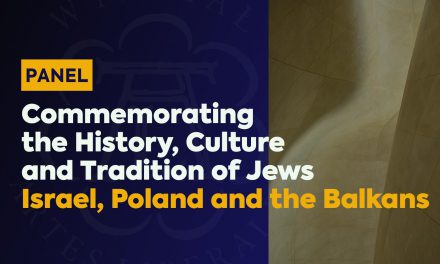
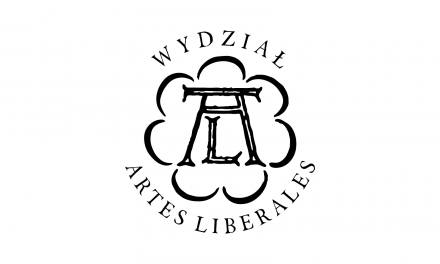
![Prof. Leo Rafolt: „Rituals of the institutionalization” [recording]](https://al.uw.edu.pl/wp-content/uploads/2023/04/FB_IMG_1680638778007-440x264.jpg)

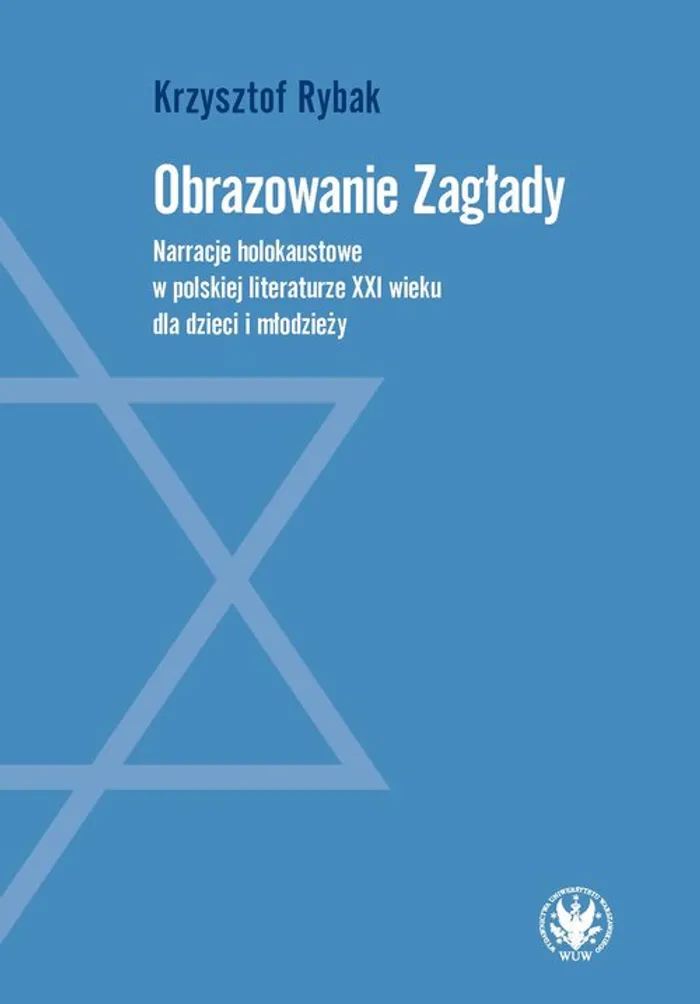
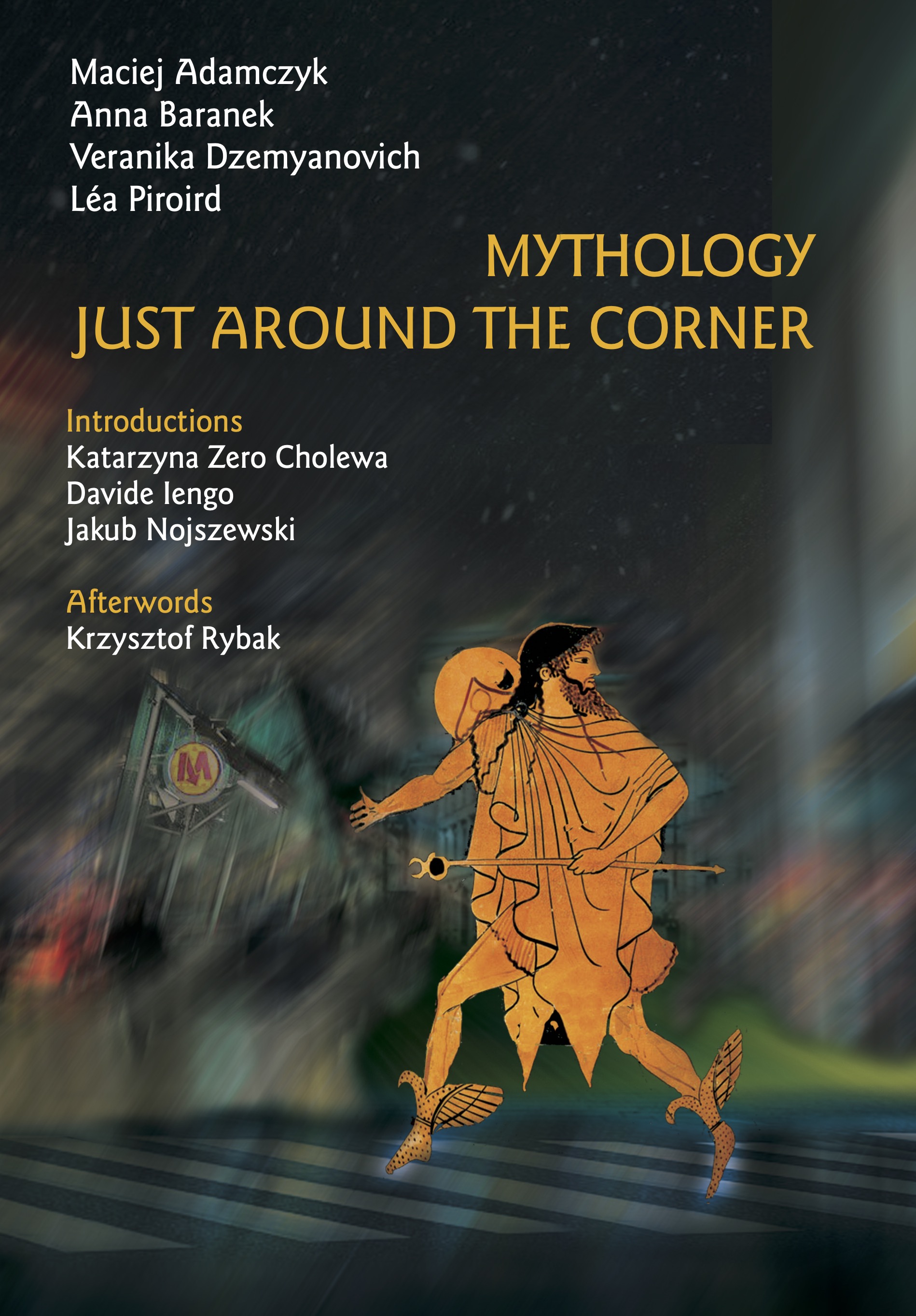
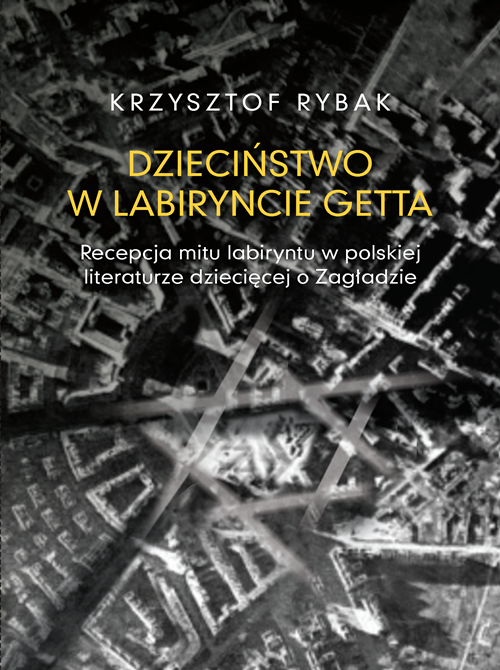


![Prof. Leo Rafolt: „Rituals of the institutionalization” [recording]](https://al.uw.edu.pl/wp-content/uploads/2023/04/FB_IMG_1680638778007-45x45.jpg)




